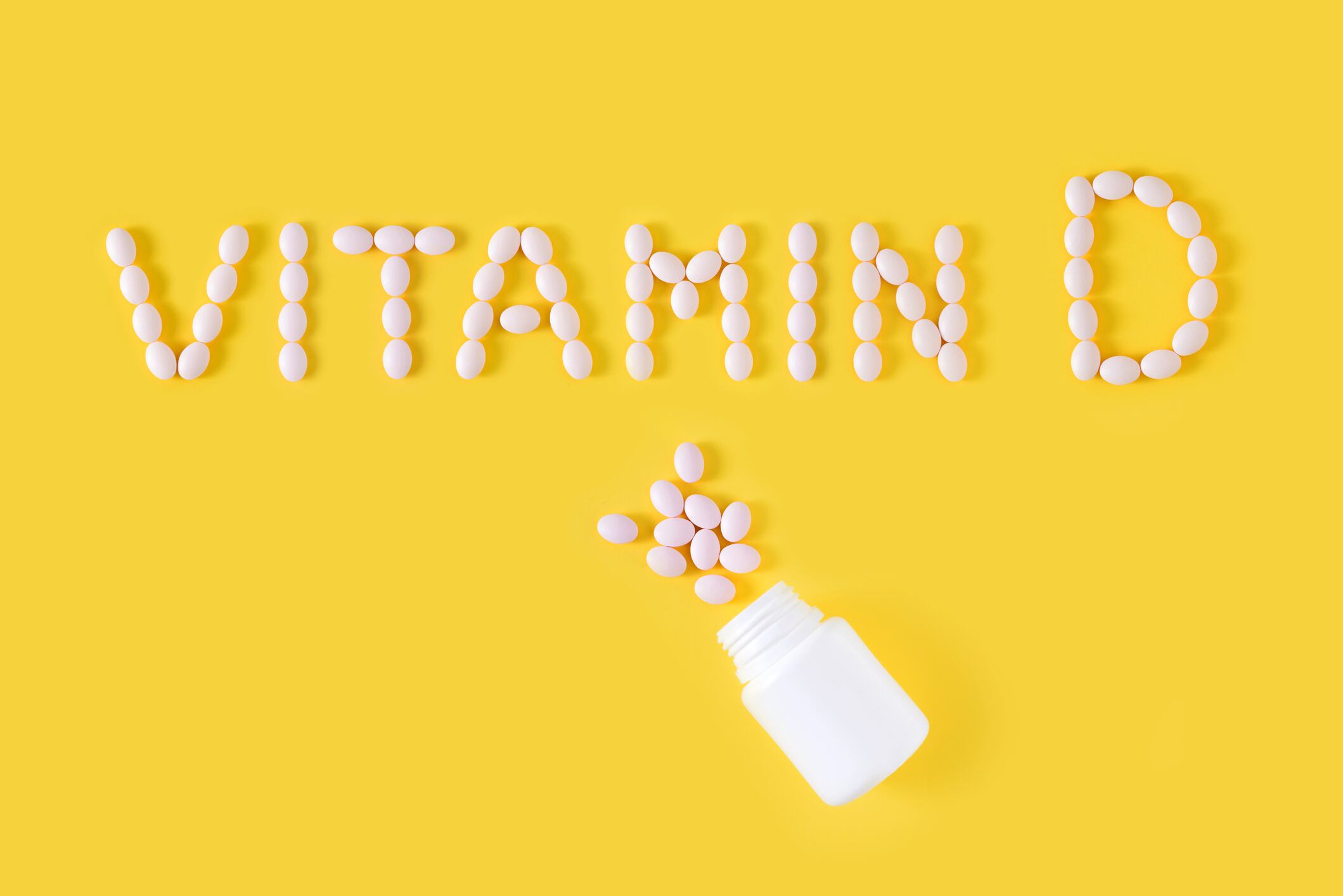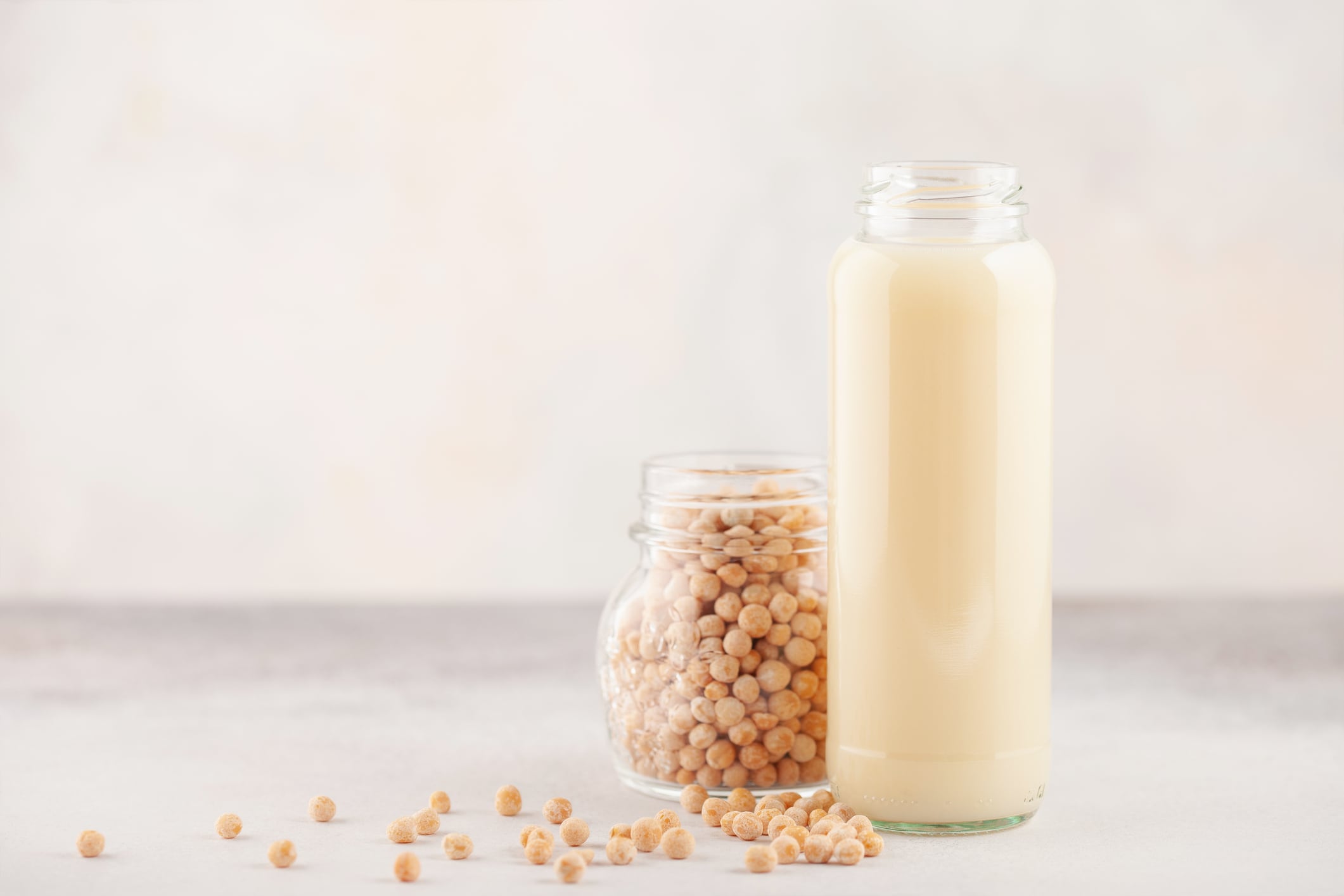In human studies, fibre types changed the microbiome make-up improving the metabolism of fibre components and changing profiles of biomarker blood proteins that regulate physiology and metabolism.
“Poor nutrition is a pressing and complex problem worldwide that is driven by many factors, including an overabundance of high-fat and low-fibre foods in typical Western diets,” explains Dr Jeffrey Gordon, the study’s senior author and Director of the Edison Family Center for Genome Sciences & Systems Biology at Washington University School of Medicine.
“Since snacks are a popular part of Western diets, we are working to help develop a new generation of snack food formulations that people will like to eat and that will support a healthy gut microbiome that affects many aspects of wellness.”
Study details
Along with colleagues from the University of California, the team looked at data from overweight or obese individuals enrolled in two studies
Provided with meals that mirrored a typical Western diet, the diets were supplemented with either fibre recovered from peas, a combination of pea fibre and inulin.
The third snack food prototype to be included was blend of pea fibre and inulin as well as fibres from the pulp of oranges and barley bran.
In the first study, individuals consumed a high-fat, low-fibre meals for 10 days, before adding a pea fibre-containing snack to their diets for 14 days.
This regimen was then followed by two weeks of the subjects continuing to consume the high-fat, low-fibre diet without the fibre snack.
In the second study, supplementation used the snack containing both pea fibre and inulin. After a washout period, the snack containing four fibre components: pea, inulin, orange and barley bran was given to the individuals.
During specific study intervals, the team analysed the gut microbiomes and levels of over 1,300 proteins in subjects’ blood.
The team found microbiome elements found in the trial participants that processed different snack fibre prototypes were the same as those that responded to the same fibres in earlier experiments using gnotobiotic (sterile) mice colonised with human gut microbes.
Additional results found that compared with the single-fibre or two-fibre snacks, the snack with the blend of four different fibres had a wider effect on microbiome genes that control extraction of fibre nutrients.
Alterations in body weight
“These pilot studies were not designed to test whether the fibre snacks could produce significant long-term alterations in body weight or commonly measured biomarkers of cardiometabolic health,” explains study co-author Dr Michael Barratt, an Associate Professor of Pathology & Immunology and Executive Director of the Center for Gut Microbiome and Nutrition Research at Washington University.
“Therefore, the benefits of these interventions will have to be investigated in larger, longer clinical trials.
“Moreover, these small studies were conducted under strictly controlled diet conditions. An important next step will be to investigate the effects of the fibre snacks in participants who are free to eat as they normally would.”
Dr Gordon adds, “With a better understanding of the impact of different kinds of fibres on components of the microbiome, we are hopeful we can deliver a snack that people will want to eat while also contributing to a healthier diet, especially for those who may otherwise have limited access to nutritious foods,”
Source: Nature
Published online: doi.org/10.1038/s41586-021-03671-4
“Evaluating microbiome-directed fibre snacks in gnotobiotic mice and humans.”
Authors: Delannoy-Bruno et al.




